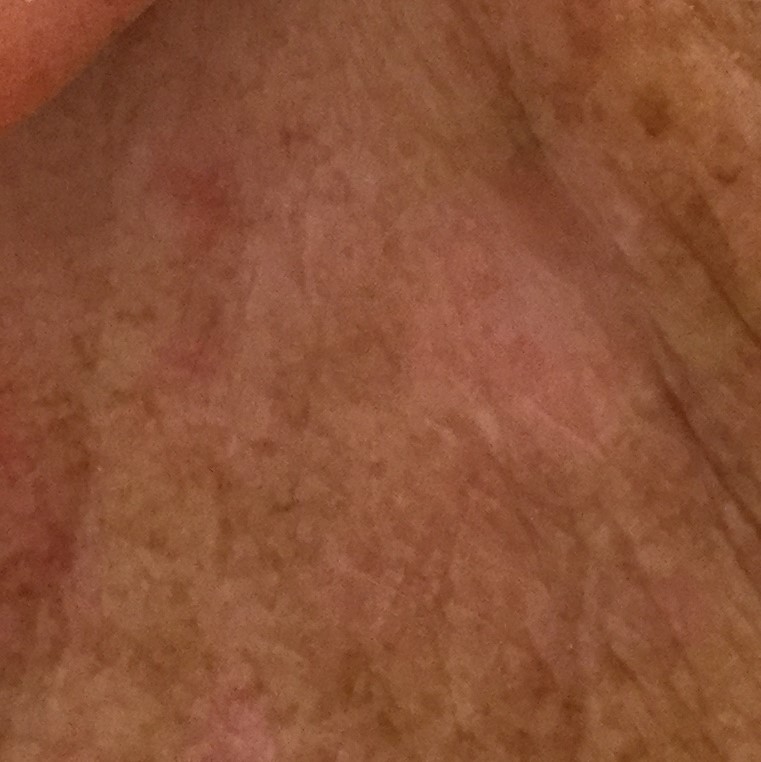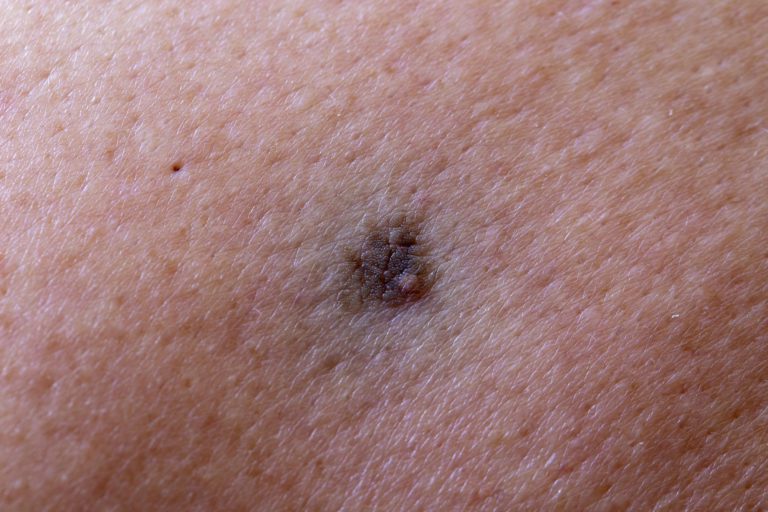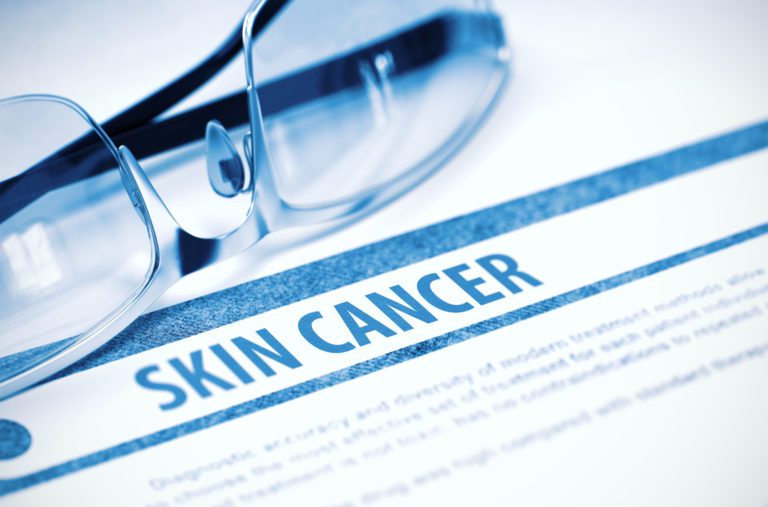
What to Expect from a Dermatology Visit & Questions to Ask About IG-SRT for Skin Cancer
If you’ve never been to a dermatologist, or it’s been a long time since you’ve had a skin cancer exam, you may not know what to expect. What happens during a first-time dermatology appointment? What happens if a suspicious area is confirmed to be skin cancer? And, what questions should you ask about skin cancer…Read More










